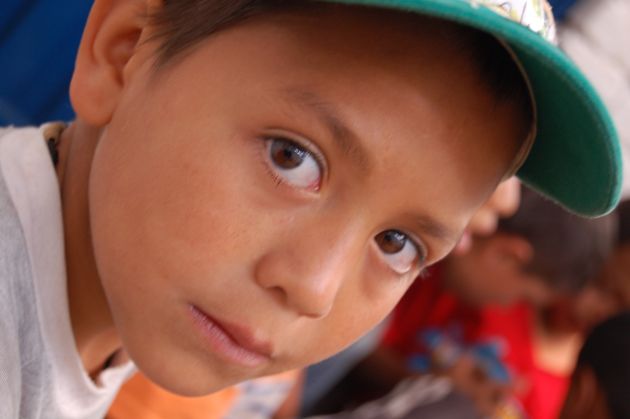A video game against drug trafficking
Fundraising campaign by
David X Restrepo (Deceptive Spelen Foundation)
-
US$0.00raised of $10,000.00 goal goal
No more donations are being accepted at this time. Please contact the campaign owner if you would like to discuss further funding opportunities
In spite of its illegality, there is no disagreement that drug trafficking provides a necessary source of income for a number of Latin Americans, Asians and Africans, particularly those in communities that have suffered significant impoverishment 1. This people sense that the government is incapable of or not interested in acting on their behalf and the increase in criminal activities not only means that the poor are often victims of this lawlessness, but the authorities seem unconcerned by requests for assistance 2. In this scenario, violent nonstate criminal organizations operates through networks of corruption with civic and state actors that play increasingly important roles in the control of space, people, and resources 3; these illicit structures are flexible groups bound together by a common tie such as ethnicity, religion or neighborhood 4.
As an attempt to control corruption in some democratic countries like the U.S., Canada, the Netherlands, and the UK; the government inspires a pride in the civil service and prevents criminal behavior among public officials 4; but these findings contrast with the extensive corruption of politicians and public officials in developing countries 4. In this countries, the most popular political response to drug trafficking is to call for more-repressive policing policies to crush drug traffickers 3, but public corruption allows big traffickers to be seen as not “suspect” while economically deprived communities are target by the police; this situation has led poor people to view the police as an oppressive force, and many even view “crime” as a way to offset differences in wealth and justice 5.
Besides, when the business grow transnational, the drug cartels need bigger number of individuals to work 1, and its recruitment propaganda is shaped by the idea of work synonymous with success and highly paid jobs. This idea allures many poorly educated and low skilled people who have nothing to lose as joining drug cartels 1. In this context, as the people becomes continuously exposed to cartels’ lifestyle and counterculture, the authentic connotation of its illegality is lost 1. In schools children play games that mimic cops and robbers but instead of robbers they are hitmen or drug lords. In the streets, some young extortionists are demanding protective tax from children and teachers to guard them against physical violence. Youth is looking at the “Narco” counterculture for guidance and as children see how passive society has become regarding the cartels they begin to view it as any other profession 1.
That’s why I’m asking you for help to design and develop a video game that let young people in developing countries, to experience, the true about cartels. Cartels have effectively adapted propaganda into their illicit business blurring the lines between criminality, insurgency, and terrorism, and like a culture parasite, they enjoy the serious consequences of an increase number of “narco” products (narcocorridos, TV shows, videogames, soap operas, movies, narcoliterature and cults) 6. We have to begin to implement more powerful strategies to let the people know the true intentions of illicit drug traffickers.
References
1 Guevara, A. Y. (2013). Propaganda in Mexico’s drug war. Journal of Strategic Security, 6(3), 131-151.
2 Whiteford, M. B. (2002). Business as usual or unusual business: Accommodation and adjustment to drug dealers, guerrilla movements, and paramilitary terrorism in Colombia. Human Organization, 107-112.
3 Arias, E. D. (2009). Drugs and democracy in Rio de Janeiro: Trafficking, social networks, and public security. Univ of North Carolina Press.
4 Desroches, F. (2007). Research on upper level drug trafficking: a review. Journal of Drug Issues, 37(4), 827-844.
5 Laniel, L. (2001). Drugs in southern Africa: business as usual. International Social Science Journal, 53(169), 407-414.
6 Haidar, J., & Herrera, E. C. (2018). Narcoculture? Narco-trafficking as a semiosphere of anticulture. Semiotica, 2018(222), 133-162.
Organizer
- David X Restrepo (Deceptive Spelen Foundation)
- Campaign Owner
- Bogota, CO
Biologist & Senior Developer. Manager at Deceptive Spelen Foundation
Biologist & Senior Developer. Manager at Deceptive Spelen Foundation
No updates for this campaign just yet



